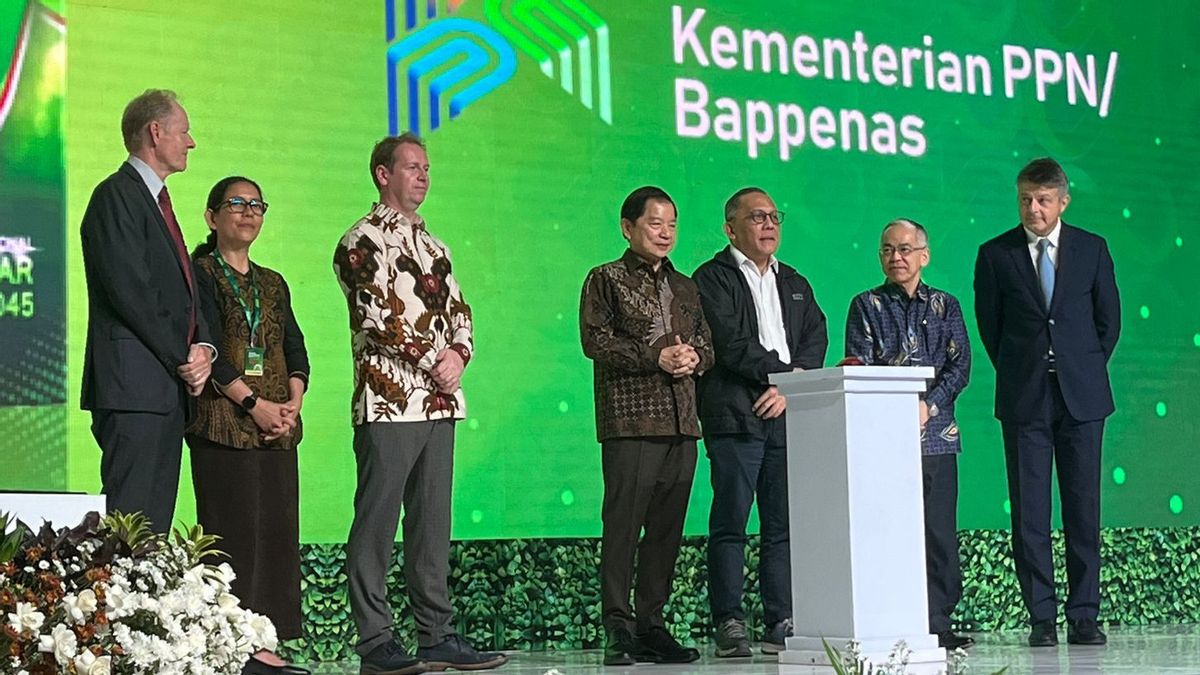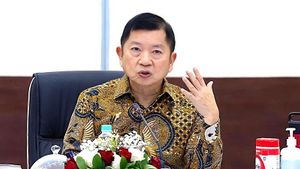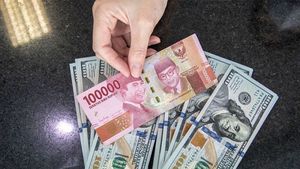JAKARTA - Minister of National Development Planning/Head of the National Development Planning Agency (PPN/Bappenas) Suharso Monoarfa said, the level of circular economy achievement in Indonesia is very low when compared to other countries.
Based on the calculation of Bappenas in 2023, the level of circular economic achievement by the government and business actors results show that in the priority sector, namely the circular material input rate of 9 percent, the product endurance rate of 4 percent and the recycling rate of 5 percent.
"This achievement is very low when compared to other countries. It is necessary to strengthen planning and strategies to unlock various benefits that have been mapped by referring to the framework of 9 R (Refuge, Rethink, Reduce, Reuse, Repair, Refurbish, Remanufacture, Repurpose and Recycle)," said Suharso at the Green Economy Expo 2024: Advancing Technology, Innovation and Circularity event at the Jakarta Convention Center (JCC), Central Jakarta, Wednesday, July 3.
Meanwhile, Deputy for Maritime Affairs and Natural Resources of Bappenas Vivi Yulawati said the cause of the low level of circular economic achievement was due to people's poor lifestyle.
"Based on our study, in 2028, if it remains as it is today, the lifestyle of the community will certainly pollute, pollution of river water bodies to the sea. So, it must change," he said.
He added that the low performance of the circular economy was not only caused by activities that produced waste but also public policies in using materials.
"Not only garbage, but we often change clothes, lifestyle, we change cellphones. That, right, happens a lot without thinking about what we don't want to do with what we don't use," he said.
SEE ALSO:
The circular economy is an economic system or model that aims to generate economic growth by maintaining the value of products, materials and resources in the economy as long as possible.
So as to minimize social and environmental damage caused by a linear economic approach.
Bappenas considers the implementation of a circular economy in the green economy in Indonesia to be able to increase gross domestic product (GDP) to IDR 638 trillion by 2030.
The English, Chinese, Japanese, Arabic, and French versions are automatically generated by the AI. So there may still be inaccuracies in translating, please always see Indonesian as our main language. (system supported by DigitalSiber.id)
















